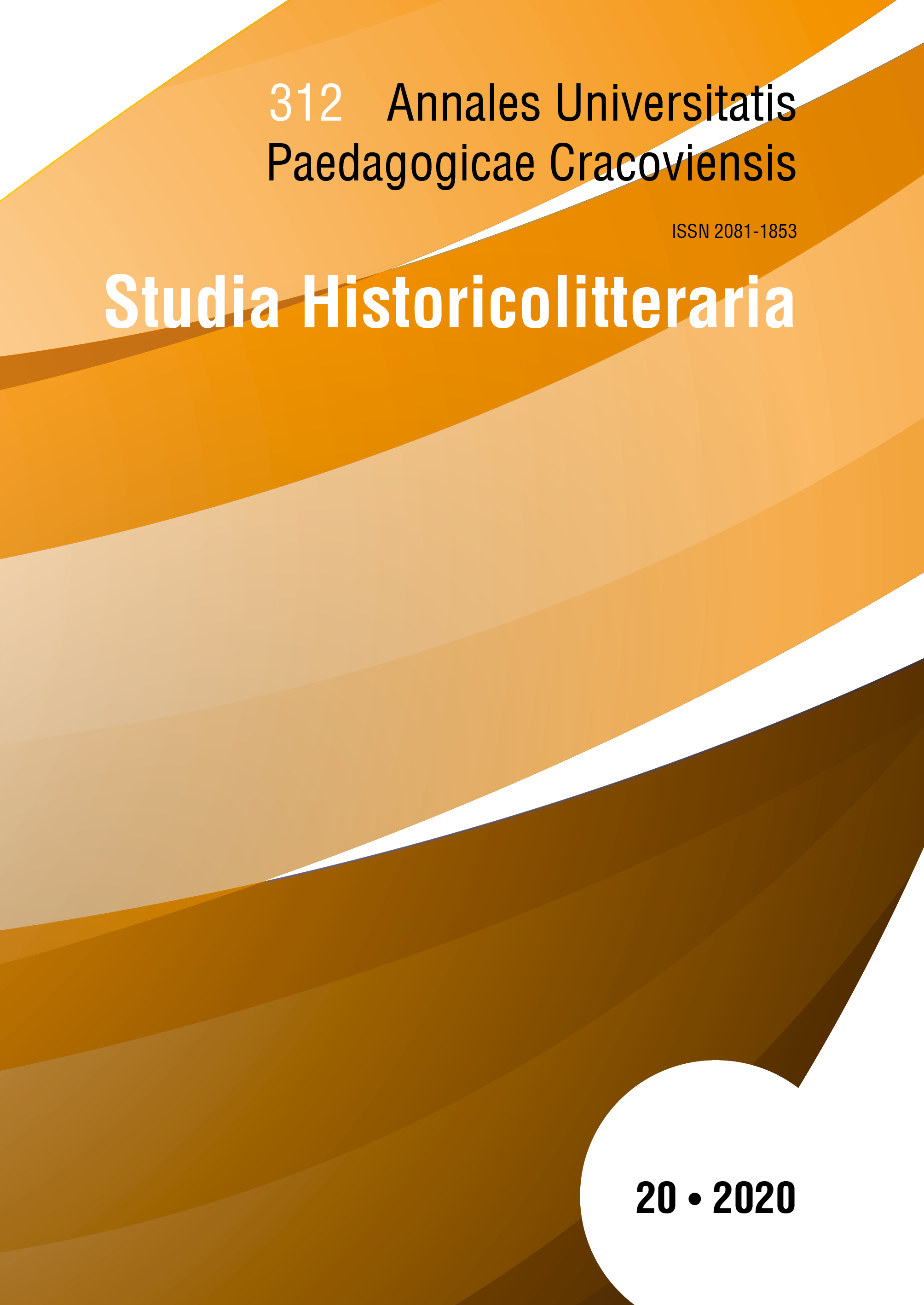Nobile e ignobile simbolismo islamico nella 'Divina Commedia'
Main Article Content
Аннотация
Within the mysteries of 'The Divine Comedy', it seems that the culture of Muslims is well known to Dante, above all thanks to the mediation of works such as the 'Book of Muhammad’s Ladder '(Kitāb al-miʿrāj), the 'Travels of Marco Polo' and various writings of friar Riccoldo of Montecroce. Islam is considered a danger, yet it is also admired in Dante’s vision, for its scientific height reached in the Middle Ages. Love is the essential concept of the whole message of Christianity: it is caritas, a universal embrace that includes every aspect of man and harmonizes it. Muhammad, despite his original Christian spiritual formation, according to Dante, did not understand the concept of caritas. Therefore, he deceived others and himself, founding a new creed and a different faith, which is by no means superfluous from a Dantean point of view. Indeed, it is useless and dangerous as a heresy, due to its same nature that generates schism and, precisely, war. It is natural, in this sense, that Muhammad finds himself in hell in the vision of The Divine Comedy, grotesquely oppressed by his guilt of fraud, because he has shared the circle of love (the all-encompassing and Trinitarian perfection of Love) with all the hatred of his anger. However, beyond all the Muslim limits of a culture of submission and the doctrine that arises from it, Dante reveals to us in his 'Paradise' a possible salvation also for Islam (apparently damned); and this for a very subtle yet strong way: the mystical way in its perfect sentimental Truth, which is tolerant, fraternal and inclusive.
Скачивания
Article Details

Это произведение доступно по лицензии Creative Commons «Attribution-NonCommercial-NoDerivatives» («Атрибуция — Некоммерческое использование — Без производных произведений») 4.0 Всемирная.
ПОЛИТИКА АВТОРСКИХ ПРАВ
Издатель «Annales Universitatis Paedagogicae Cracoviensis. Studia Historicolitteraria» имеет право использования и распространения всех опубликованных в издании материалов на основании договора неограниченной во времени неисключительной лицензии - предварительно заключенного на неоговоренное время с каждым автором конкретного произведения на оговоренных в том договоре условиях использования.
ПОЛИТИКА ОТКРЫТОГО ДОСТУПА
«Annales Universitatis Paedagogicae Cracoviensis. Studia Historicolitteraria» это издание с открытым доступом, а все его содержание доступно бесплатно для пользователей и организаций на основаниях неисключительной лицензии CreativeCommons (CC BY-NC-ND 4.0). Пользователи могут читать, скачивать, копировать, распространять, производить поиск или переходить по ссылкам к полным текстам статей в этом издании без предварительного согласия издателя либо автора при условии указания источника доступа и авторства данной публикации. Это согласуется с определением открытого доступа BOAI (http://www.soros.org/openaccess).
Библиографические ссылки
Balducci M.A., L’imbestiato Ulisse. Percorso ermeneutico intorno al problema dell’arroganza scientifica nel canto XXVI dell’Inferno di Dante, «Quaderni Danteschi» 2014, n.10, pp. 161-183.
Cerulli E., Il “Libro della Scala” e la questione delle fonti arabo-spagnole della Divina Commedia, Roma 1949.
D’Ancona A., La leggenda di Maometto in Occidente, Bologna 1912.
Khadduri M., War and Peace in the Law of Islam, Baltimore (MD - U.S.A.) 1958.
Montecroce (da) R., Libro della peregrinazione - Epistole alla Chiesa Trionfante, a c. di D. Cappi, Bologna 2005.
Montecroce (da) R., I saraceni. Contra legem Sarracenorum, a c. di G. Rizzardi, Firenze 1992.
Palacios M.A., Dante e l’Islâm, Parma 1994.
Polo M., Il Milione, a c. di R. Allulli, Milano 1954.
Saccone C. (red.), Il libro della scala di Maometto, trad. di R. Rossi Testa, Milano 1999.
